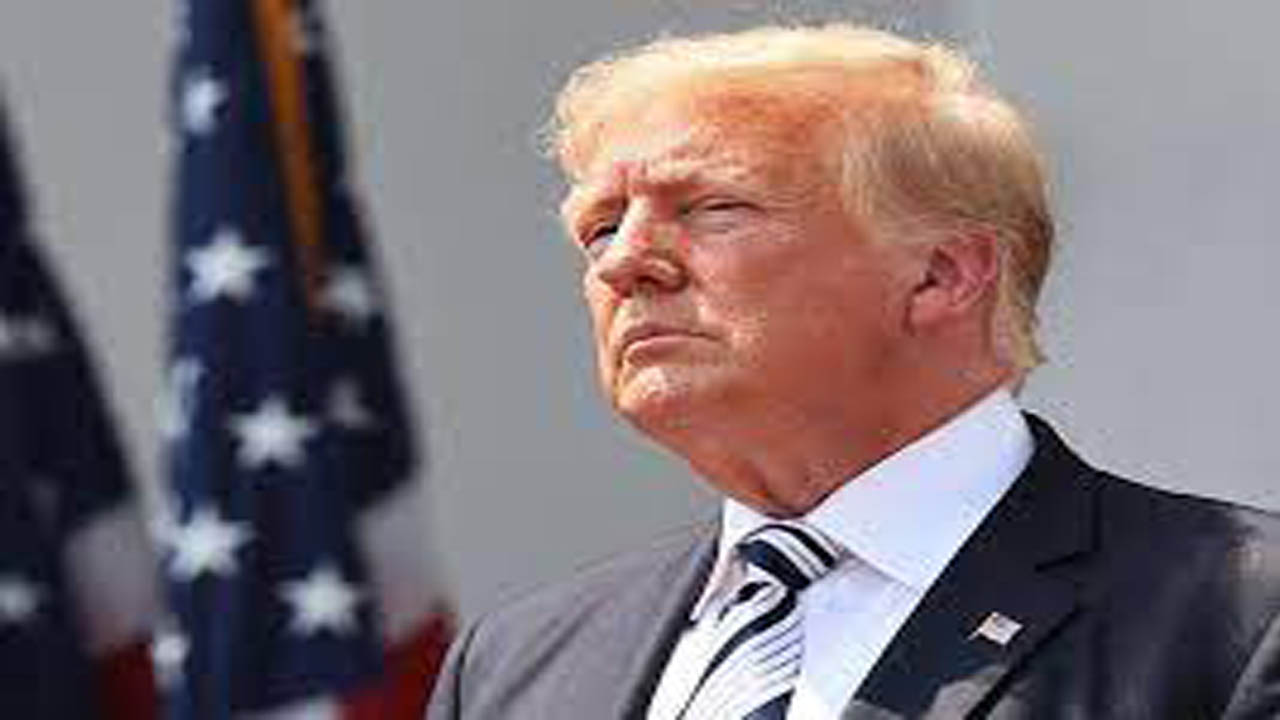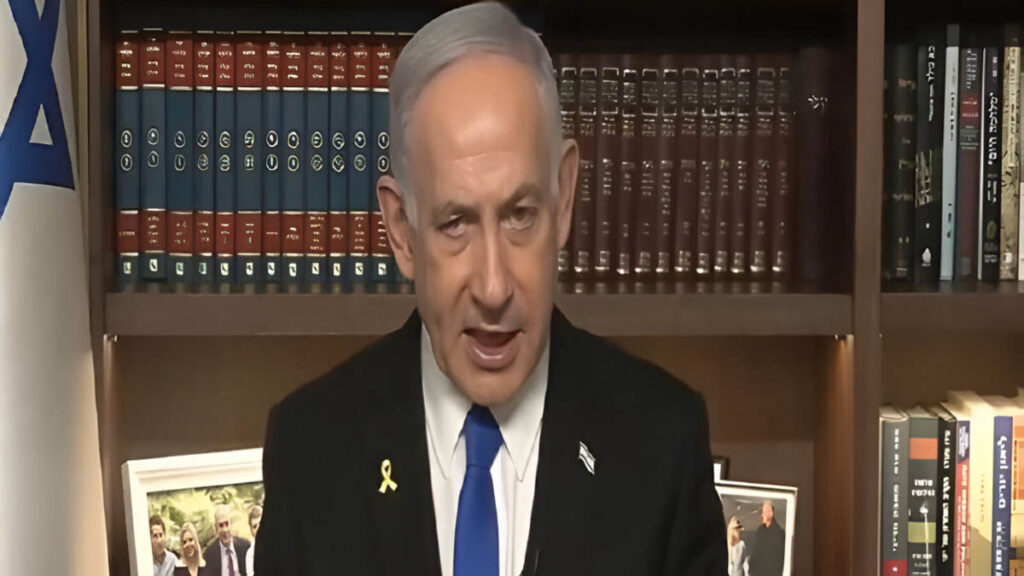Now Reading: US Companies Cry Foul Over India’s “Burdensome” Testing Requirements, White House Alleges
-
01
US Companies Cry Foul Over India’s “Burdensome” Testing Requirements, White House Alleges
US Companies Cry Foul Over India’s “Burdensome” Testing Requirements, White House Alleges

Washington D.C. – A growing trade dispute is brewing between the United States and India, with the White House accusing India of imposing “burdensome testing” requirements across various sectors, significantly increasing the cost for American companies to sell their products in the burgeoning Indian market. These allegations, outlined in recent official statements, highlight a potential roadblock in the otherwise strengthening bilateral trade relationship.
The core of the issue revolves around India’s mandatory testing and certification processes for a wide array of goods, ranging from electronics and telecommunications equipment to pharmaceuticals and agricultural products. US companies argue that these procedures are often opaque, duplicative, and excessively time-consuming, creating significant logistical and financial hurdles.
Key Concerns Raised by US Businesses:
- Duplicative Testing: American firms claim that they are often required to undergo multiple rounds of testing, even when their products have already received certifications from internationally recognized bodies. This duplication adds unnecessary costs and delays market entry.
- Lack of Transparency: Many businesses cite a lack of clarity in the Indian regulatory framework, with constantly evolving standards and inconsistent application of rules. This uncertainty makes it difficult to plan and invest in the Indian market.
- Extended Timelines: The testing and certification processes in India can take months, sometimes even years, to complete. This delay not only increases costs but also puts US companies at a competitive disadvantage compared to local players.
- High Costs: The cumulative effect of these issues translates into substantial financial burdens for US companies, including testing fees, warehousing costs, and lost sales due to delayed market access.
- Localization Demands: Some companies have also voiced concerns regarding pressure to localize production or source components within India as a condition for certification, potentially infringing on intellectual property rights and supply chain strategies.
The White House, echoing these concerns, has stated that these “burdensome” requirements act as non-tariff barriers, effectively limiting the access of US goods to the Indian market. They argue that these measures contradict India’s stated commitment to fostering a more open and predictable trade environment.
Impact Across Sectors:
The impact of these testing requirements is felt across various sectors, including:
- Electronics and Telecommunications: US companies supplying smartphones, computers, and telecommunications equipment face stringent testing and certification requirements, often involving multiple agencies.
- Pharmaceuticals: The pharmaceutical industry is subject to rigorous testing and approval processes, which can significantly delay the introduction of new drugs and medical devices.
- Agriculture: US agricultural exports, including food products and agricultural machinery, face complex sanitary and phytosanitary (SPS) requirements, which can be difficult to navigate.
- Industrial Goods: Products ranging from machinery and chemicals to automotive components are also subject to mandatory testing, impacting the competitiveness of US manufacturers.
India’s Perspective:
The Indian government maintains that its testing and certification requirements are essential to ensure the safety and quality of products sold in its market. They argue that these measures are necessary to protect Indian consumers and safeguard national interests. Officials have also emphasized the importance of promoting domestic manufacturing through initiatives like “Make in India.”
However, the government has also expressed a willingness to engage in dialogue with the US to address concerns and streamline the regulatory process. Recent statements suggest that India is open to exploring mutual recognition agreements and harmonizing standards with international norms.
Potential Implications:
This trade dispute has the potential to strain the otherwise positive bilateral relationship between the US and India. Both countries have been working to strengthen economic ties, with trade between them reaching record levels in recent years.
However, unresolved trade barriers could hinder further growth and create friction in other areas of cooperation. The US may consider escalating the issue through the World Trade Organization (WTO) or by imposing retaliatory measures, although such actions could have broader economic and political consequences.
Looking Ahead:
The resolution of this trade dispute will depend on the willingness of both sides to engage in constructive dialogue and find mutually acceptable solutions. Key areas of focus include:
- Streamlining Testing and Certification Processes: Simplifying procedures, reducing duplication, and ensuring transparency are crucial.
- Harmonizing Standards: Aligning Indian standards with international norms can reduce trade barriers and facilitate market access.
- Mutual Recognition Agreements: Recognizing each other’s testing and certification results can reduce costs and delays.
- Increased Transparency and Communication: Improving communication and providing clear guidance on regulatory requirements can build trust and reduce uncertainty.
The outcome of this trade dispute will have significant implications for the future of US-India economic relations. Finding a balanced approach that addresses the concerns of US companies while safeguarding India’s regulatory interests is essential for fostering a healthy and sustainable trade partnership.










